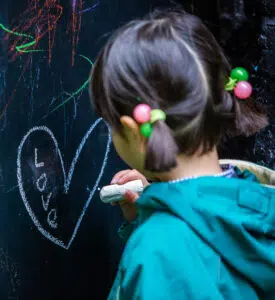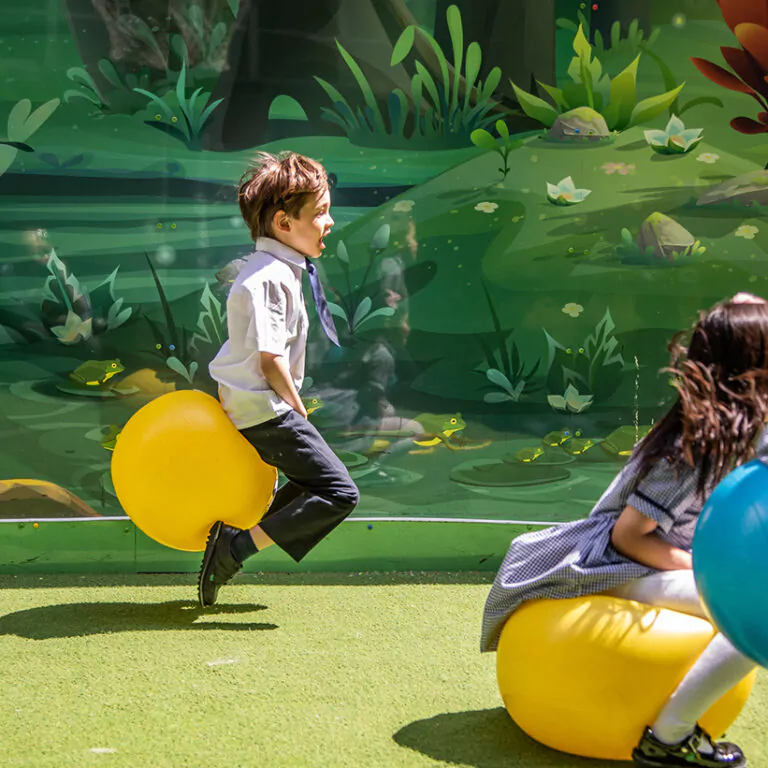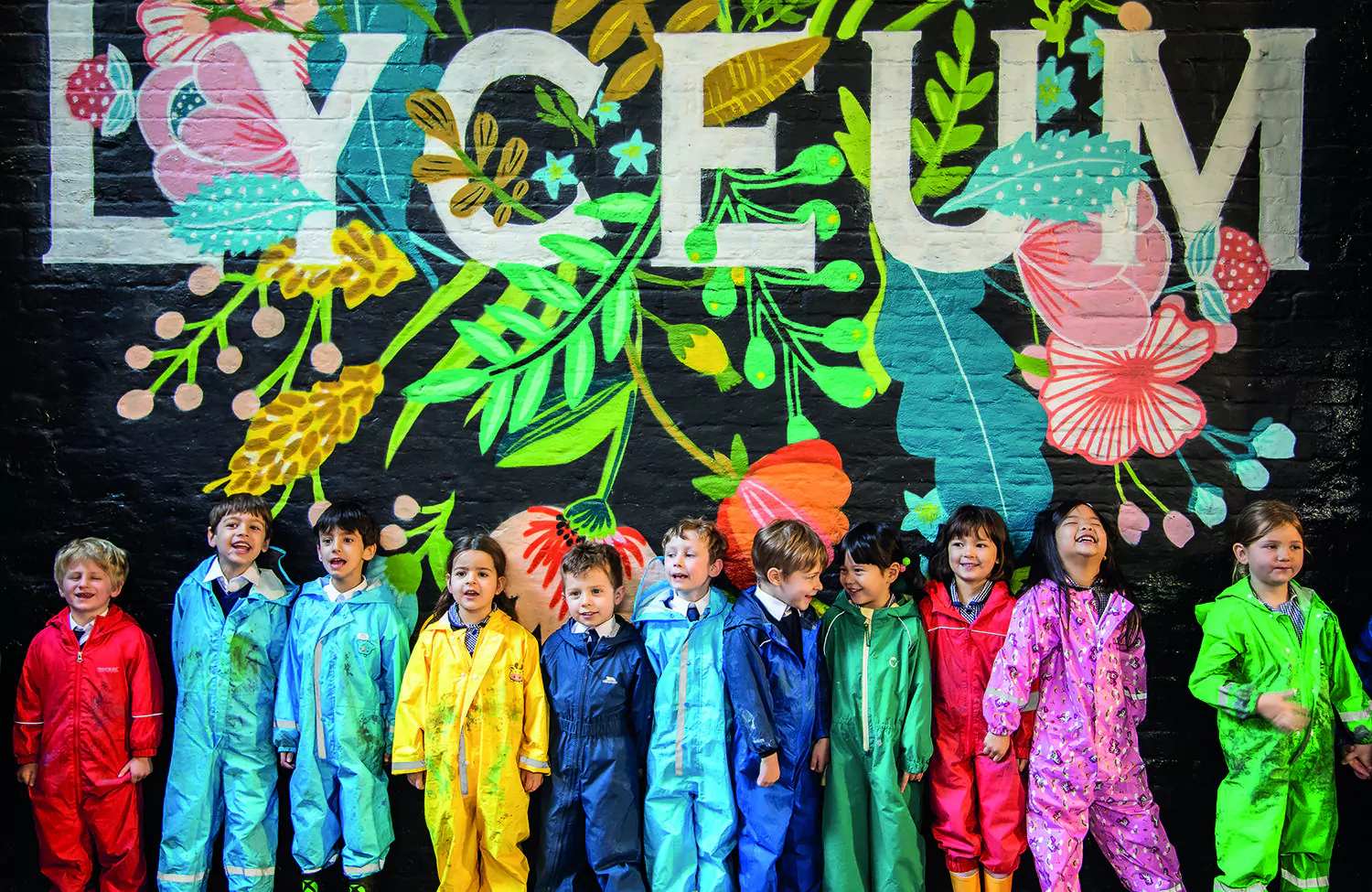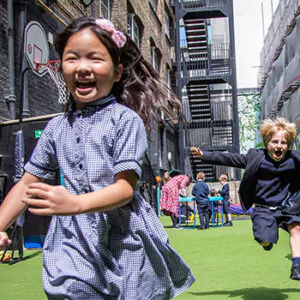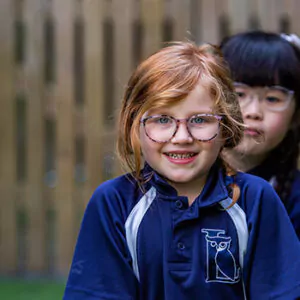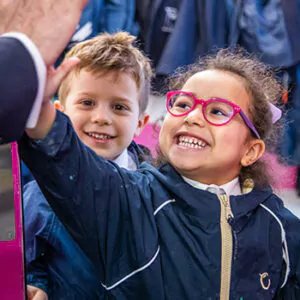Educational experiences outside of the classroom are commonplace at The Lyceum and these play a vital part in the education we offer. We take full advantage of our central London location and often visit museums, galleries and theatres to support and enhance the curriculum. We can be frequently found exploring London on foot or using public transport to see local historic sites (such as the ruins around London Wall as part of Latin studies) or going on a graffiti hunt in and around urban Shoreditch.
We have a strong partnership with Spitalfields City Farm and pupils from EYFS and KS1 enjoy termly blocks where they visit the farm each week to help with the animals, sow seeds, tend to the vegetable plots and learn more about nature and wildlife.
Our topic-based learning approach allows us to fully embrace both day trips and residentials as the children immerse themselves in the topic. For example, during their study of the Victorians, Years 3 and 4 visit well known historical sites in London, attending the Ragged School Museum and the Victoria and Albert Museum among others, as well as spending a few days away living as Victorian children.
Through their studies of World War 2, pupils in Years 5 and 6 have the opportunity to hear first-hand from a London evacuee, attend the Imperial War Museum, Docklands Museum, the Churchill War Rooms and HMS Belfast, before ‘evacuating’ to the countryside to live on a farm for a week. While away, children wear traditional clothing of the time, live on rations, learn to darn, tend to crops and muck out the livestock.
The final term in Year 6 is much anticipated as pupils leave the UK for a week abroad to a European city. Previous destinations have included Paris, Rome, Amsterdam and Barcelona. Linking to their geographical studies, the children explore the city and learn about the culture through art, history, architecture and food.
Internal Visits
We frequently invite guest speakers into school to lead assemblies and workshops. These include charities such as the NSPCC and the East Africa Children’s Project, artists and musicians who hold interactive workshops for pupils, and speakers sharing experiences of their beliefs such as members of the British Humanist Society, for example.
